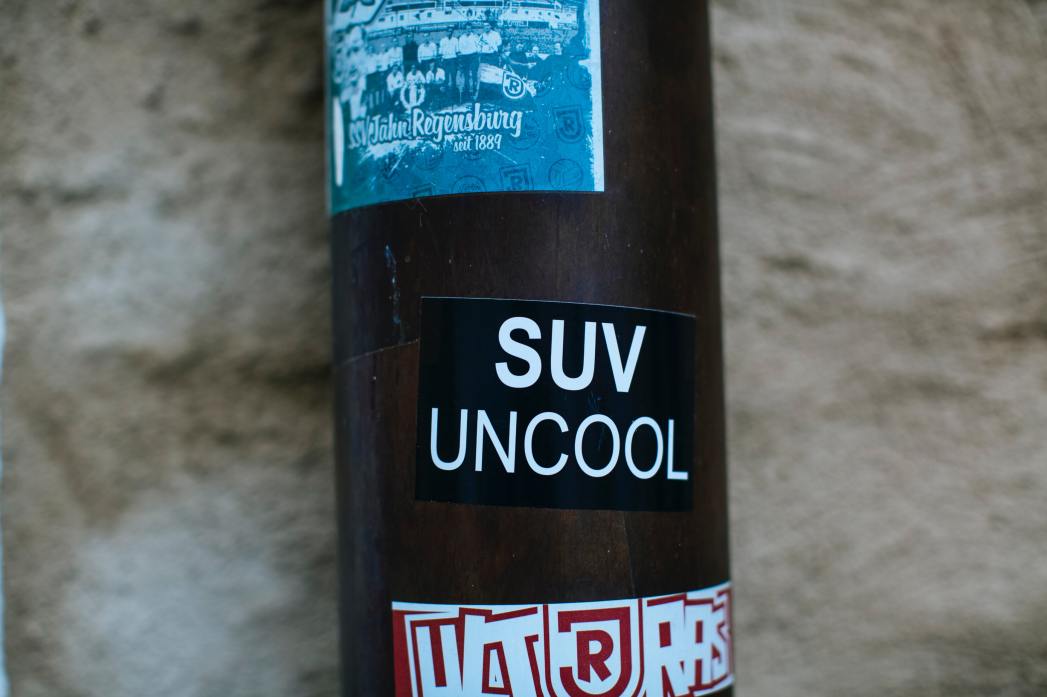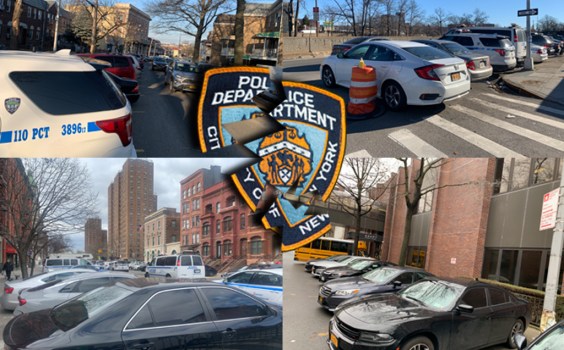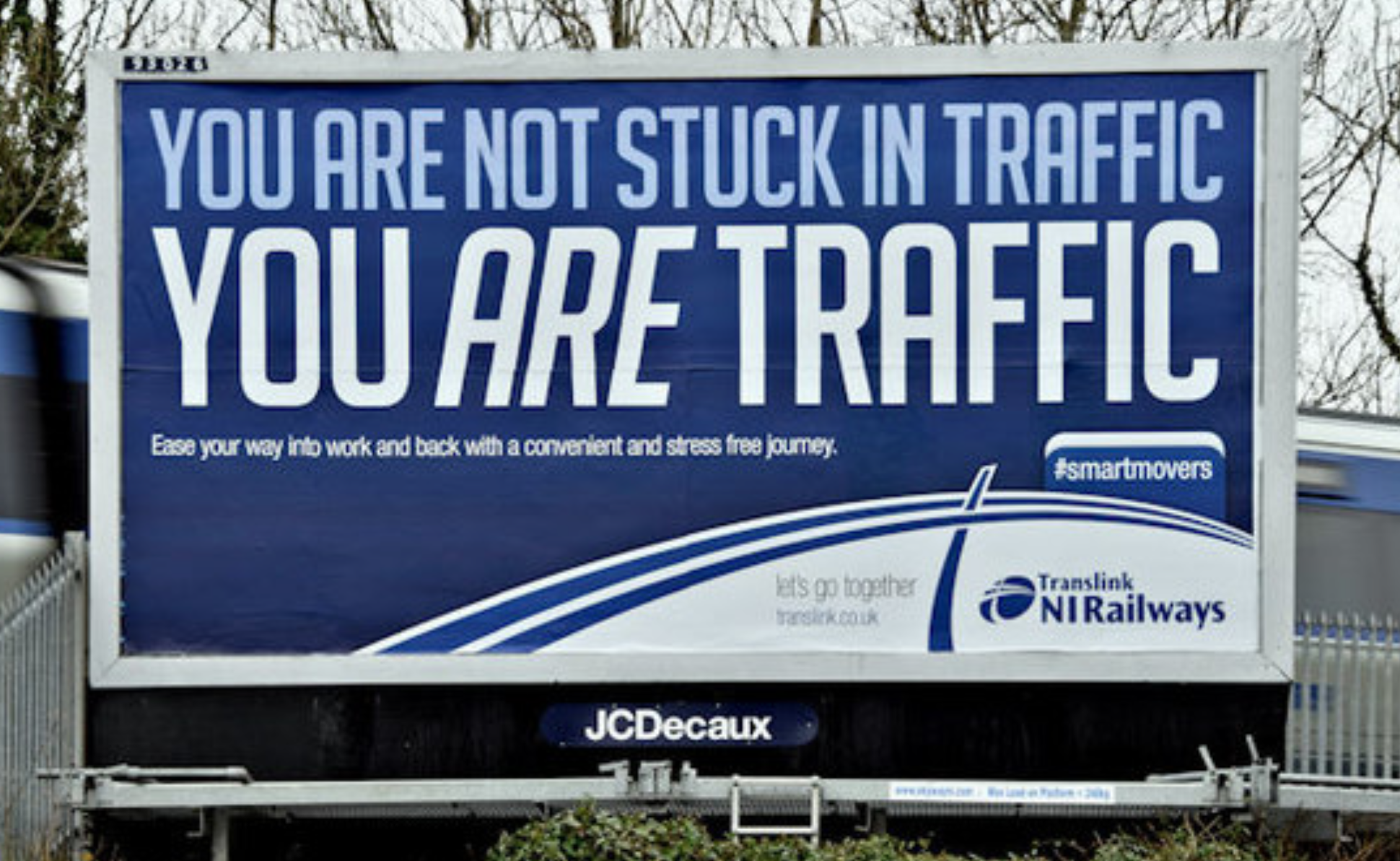With more than $56 billion in applications submitted for just $1.5 billion in available funding, the Obama administration's TIGER grants -- short for Transportation Investment Generating Economic Recovery -- was one of the stimulus law's most hotly contested programs. So it's no surprise that the process resulted in its share of losers as well as winners.
Georgia found itself on the sidelines again, less than a month after it failed to secure a significant share of the stimulus pot for high-speed rail. After spending an estimated $750,000 to apply for nearly $300 million in grant money for a new streetcar network, Atlanta fell short -- along with more than a dozen other TIGER bids from around the state.
Local officials acknowledged to the Atlanta Journal-Constitution that other cities' successful streetcar pitches, such as Tucson's and Portland's, would contribute a greater share of costs on the local level, but Georgia's TIGER shutout is still bound to sting.
Its southern neighbor, Florida, also saw no TIGER grant winners despite submitting 120 applications, totaling an estimated $4.3 billion, for a major intermodal transit hub and a port expansion.
In the private sector, Burlington Northern Santa Fe railroad lost its bid for federal help with a new Kansas City rail facility even as competing freight companies CSX and Norfolk Southern scored big under the TIGER program. Still, the company -- recently bought by Warren Buffett -- is considered likely to move ahead with the project using its own funds.
Another state that saw its TIGER hopes dashed was Connecticut, where the state DOT endorsed about a dozen proposals, half of them dedicated to the freight sector.
Overall, the U.S. DOT looks to have focused its attention on TIGER money for transit and other clean transport projects while giving highways somewhat of a second-fiddle status. Roads accounted for 57 percent of total TIGER applications, but road-only proposals got less than $185 million, or about one-eighth of the total pot of grants.
That trend sparked palpable excitement among many transportation reformers, but some expressed concern that state DOT officials could turn the TIGER program into a rationale for postponing the transition to a fully merit-based system of infrastructure spending.
"An innovation grant is no excuse for not doing a good job with the rest of your money," one clean-transport advocate said in an interview. "The fact that it take TIGER to get bridges replaced when state DOTs are spending much of their money building new roads is wrong ... but the fact that it does means that we need reform."





